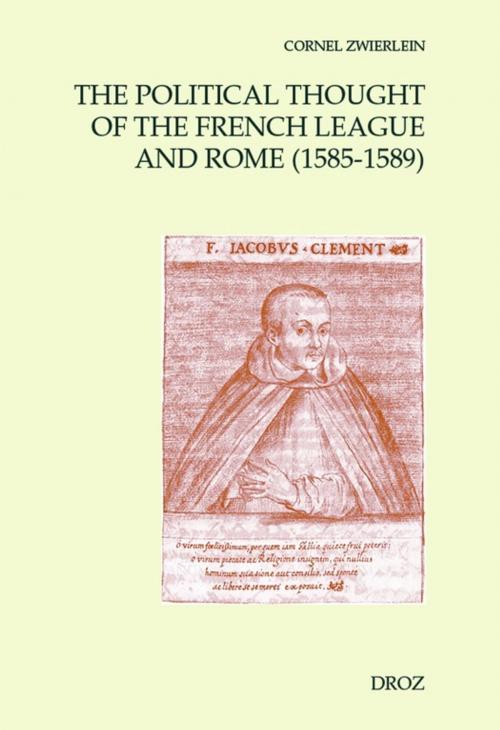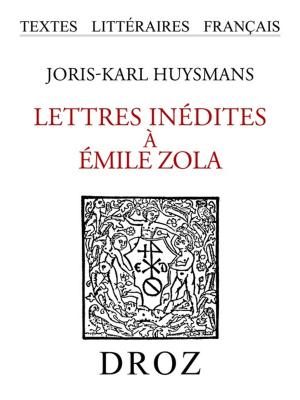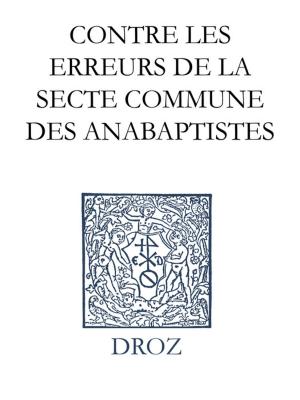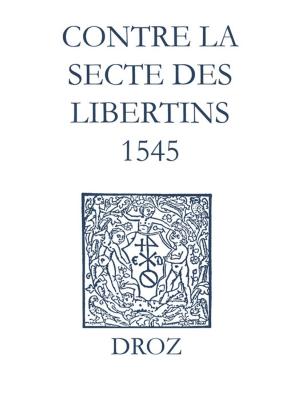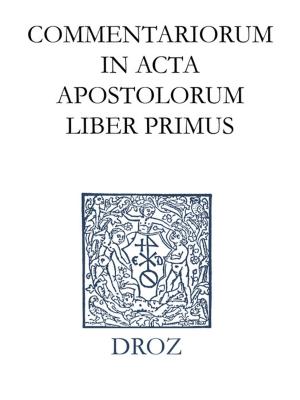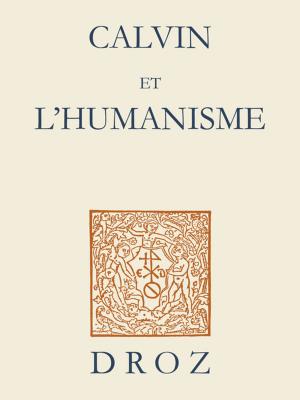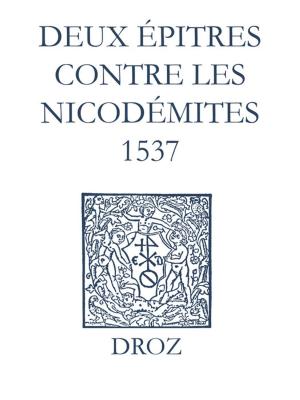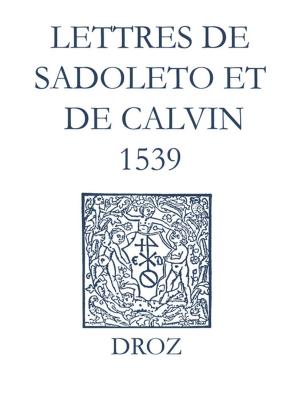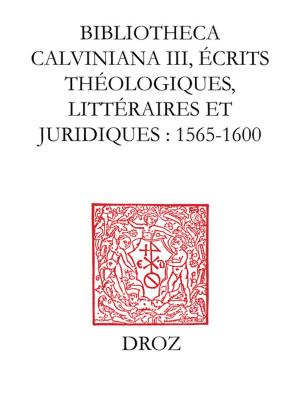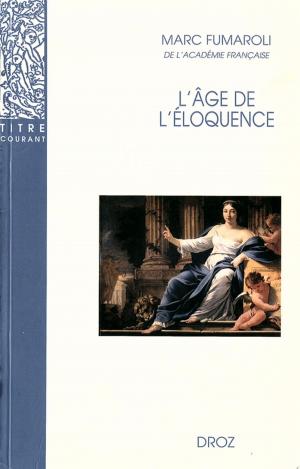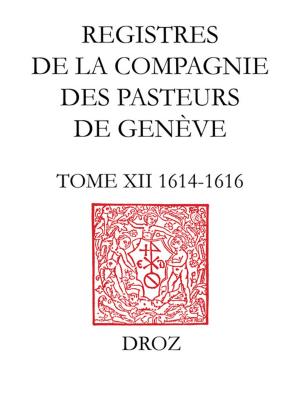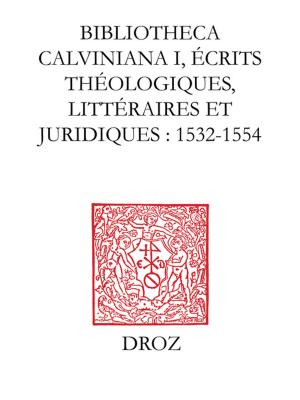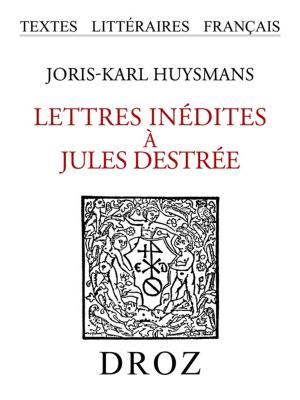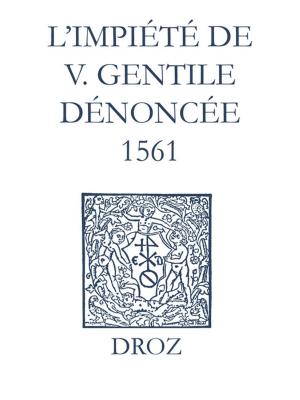The Political Thought of the French League and Rome (1585-1589)
De justa populi gallici ab Henrico tertio defectione and De justa Henrici tertii abdicatione (Jean Boucher, 1589)
Nonfiction, History, France, Modern, Religion & Spirituality, Christianity| Author: | Cornel Zwierlein | ISBN: | 9782600319270 |
| Publisher: | Librairie Droz | Publication: | May 1, 2016 |
| Imprint: | Librairie Droz | Language: | English |
| Author: | Cornel Zwierlein |
| ISBN: | 9782600319270 |
| Publisher: | Librairie Droz |
| Publication: | May 1, 2016 |
| Imprint: | Librairie Droz |
| Language: | English |
Since the nineteenth century, the political thought of the French Catholic League (1585-1595) has been considered to be mere plagiarism of Calvinist monarchomach texts written after the St Bartholomew's Day Massacre (1572). Based on the original manuscript of the most important Leagueist treatise, composed by the Sorbonne for the Council of the Sixteen and for Mayenne, and sent to Pope Sixtus V in March 1589, this book shows that the real traditions in which the Leagueist thought was rooted are the radicalized Thomism of the school of Salamanca, Canon Law, Conciliarism and Gallicanism. It was in fact the Calvinists who hid their Thomist legacy. The archives of the Vatican, of the Inquisition, and in France reveal the new insight that De justa populi gallici ab Henrico tertio defectione had first been a secret document serving within the international relations between the League and the pope. Only after the assassination of Henri III (August 1589), it was published in an expanded version and became known as authored by Jean Boucher. The tyrannicide had been actively embraced from March 1589 as part of the League ́s constitution. The French crisis and intellectual developments in 1589 thus prefigure many later Catholic-Protestant conflicts on the European scene, such as the controversy between James I and Bellarmine around 1610 and even the Bohemian Revolt of 1618.
Since the nineteenth century, the political thought of the French Catholic League (1585-1595) has been considered to be mere plagiarism of Calvinist monarchomach texts written after the St Bartholomew's Day Massacre (1572). Based on the original manuscript of the most important Leagueist treatise, composed by the Sorbonne for the Council of the Sixteen and for Mayenne, and sent to Pope Sixtus V in March 1589, this book shows that the real traditions in which the Leagueist thought was rooted are the radicalized Thomism of the school of Salamanca, Canon Law, Conciliarism and Gallicanism. It was in fact the Calvinists who hid their Thomist legacy. The archives of the Vatican, of the Inquisition, and in France reveal the new insight that De justa populi gallici ab Henrico tertio defectione had first been a secret document serving within the international relations between the League and the pope. Only after the assassination of Henri III (August 1589), it was published in an expanded version and became known as authored by Jean Boucher. The tyrannicide had been actively embraced from March 1589 as part of the League ́s constitution. The French crisis and intellectual developments in 1589 thus prefigure many later Catholic-Protestant conflicts on the European scene, such as the controversy between James I and Bellarmine around 1610 and even the Bohemian Revolt of 1618.
